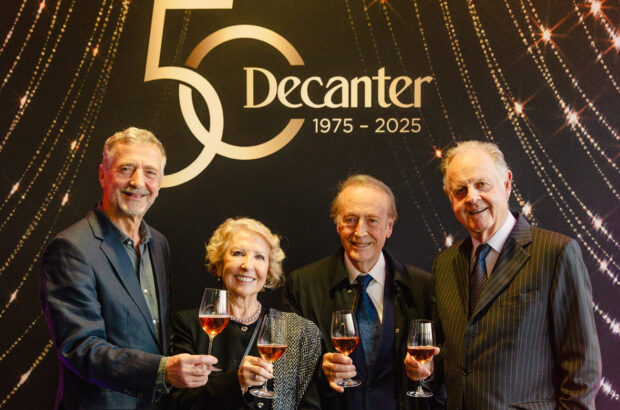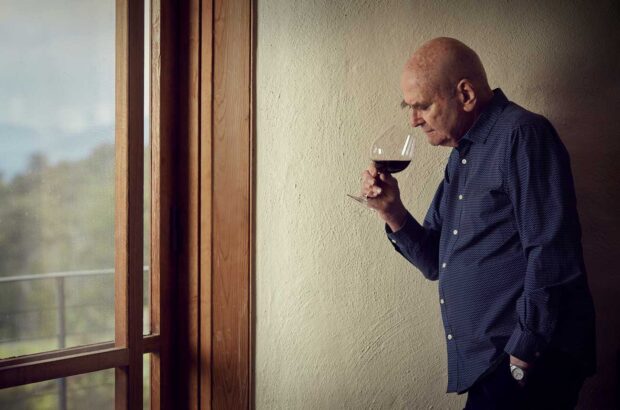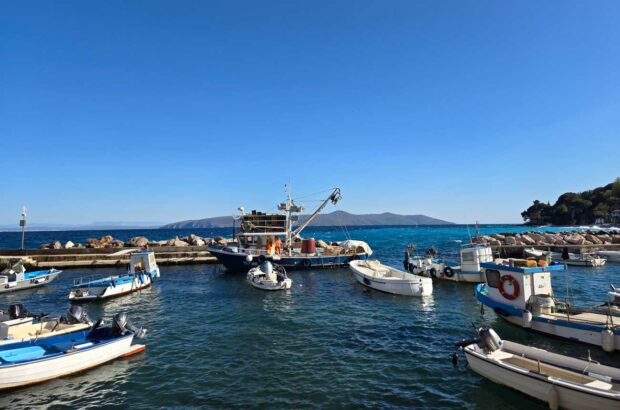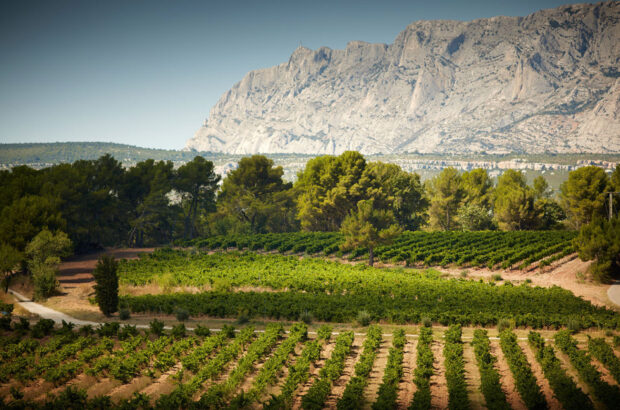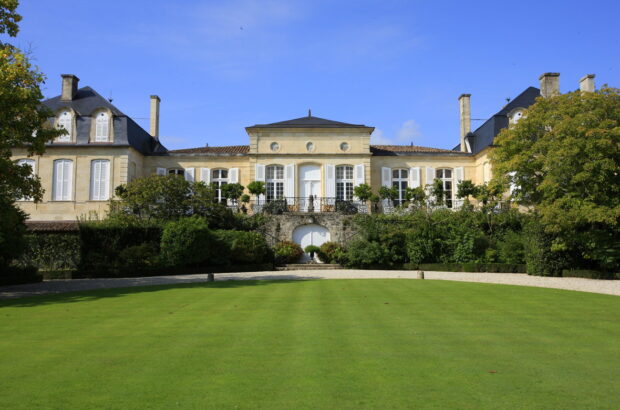The facility features 8,730 solar panels, which will produce 11.53 GWh of clean, renewable electricity per year.
That is enough to offset 7,800 tonnes of greenhouse gas (GHG) emissions, and it is equivalent to planting 325,000 trees.
The solar farm will power the company’s largest winery in Yenda, New South Wales, which produces the famous Yellow Tail brand.
Casella, which also produces Peter Lehmann Wines and Brand’s Laira of Coonawarra, called it ‘the largest solar facility in the Australian beverage industry’.
SunWiz, Australia’s pre-eminent solar energy consultancy firm, has verified that claim.
Casella has also invested in a second solar facility consisting of 936 panels, which will help to power its wastewater treatment plant.
John Casella, the company’s founder and managing director, said: ‘I’m extremely proud to unveil our investment in clean electricity through our two new solar systems.
‘As well as reducing our footprint, we are making a direct contribution to the Australian wine industry’s GHG emissions reduction goals via the products we make and supply, as we all strive to ensure a sustainable global wine sector.’
The investment is part of Casella’s commitment to achieving net-zero emissions by 2050. The company aims to cut emissions in half by 2030 and eradicate them completely by the middle of the century.
‘As a family-owned business, we’re committed to playing a role in ensuring the resilience of the Australian wine industry for generations to come,’ added John Casella. ‘This includes investing in the regions where we operate, supporting our growers during challenging market conditions and making strategic decisions to ensure our business is set up for long-term success.’
The 8,730-panel solar farm is located 3.5 km (2 miles) from the winery in Yenda. It will supply 35% of the winery’s electricity.
The farm will also power the company’s on-site brewery, whose brands include Yenda Brewing Co., Son of a Nun and Pressman’s Cider.


